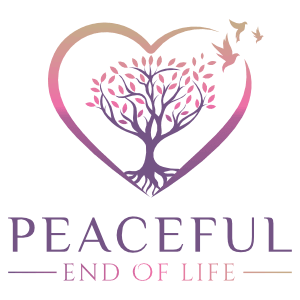End of Life Doulas and Hospice care both offer services focused on the transition from life, but they vary in scope and what aspects of a patient’s wellbeing are tended to.
End of Life Doulas do not provide medical care, instead serving the patient and their family by attending to their emotional and spiritual needs at the end of life. End of Life Doulas prioritize the comfort and quality of the patient’s life by reducing suffering, honoring the patient’s life, needs, and preferences, and providing companionship and comfort. Hospice care, on the other hand, is a specific type of health care that is focused on medically assessing and tending to a terminally ill patient’s pain and symptoms. Hospice care workers are no less empathetic than End of Life Doulas, but, with the high demands of multiple patients to tend to, are often unable to spend as much time with individual patients.
A big factor that prevents hospice care from tending to all of the needs of a dying person is that the Medicare benefit passed in 1983 was not prepared for the number of patients that now need hospice. In the year 2000, hospice served 513,000 patients; in 2014, hospice served nearly 1.7 million patients. Payments for hospice care in 2000 were $2.9 billion – by 2015 that number grew to $15.5 billion. The exponential rise in hospice Medicare costs has led the government to slash its payments to hospices, resulting in hospices being unable to keep up with their incurred costs. To try to stay afloat, hospices have reduced their staff, which means a much smaller staff to patient ratio. This, in turn, can result in poor access to hospice team personnel, and when access problems occur at a critical time in someone’s dying process, the opportunity for distressing and upsetting experiences for dying people and their loved ones arise.1
Hospice care provides superb quality medical care for dying people, and an End of Life Doula can be the supplemental source of assistance to the patient and their family that makes the emotional transition as smooth and peaceful as possible. End of Life Doulas provide non-medical, holistic support and comfort, whether it is massage therapy, playing games, or a compassionate presence and ear, the purpose of an End of Life Doula is to be fully present for the dying person and their family. An End of Life Doula has the time that a hospice worker probably would not to consistently show up for a client, providing reliability, security, and a sense of continuation that is stabilizing. Since a doula can be around more often than hospice staff, they can be an extra advocate and liaison between the patient and family and the hospice team. Oftentimes the family or patient has difficulty expressing their needs, and sometimes aren’t even sure of what they need or what questions to ask. A doula can see these types of problems and challenges and can communicate with the hospice team to make sure the patient is getting the very best care.
An End of Life Doula/Patient Advocate can be brought in before hospice is ever involved. Since End of Life Doulas do not provide medical care, they are more available to regularly connect with their patients on an emotional level and learn about their patient’s personality, preferences, and needs. End of Life Doulas can be the ones to have insight into a patient’s situation and advocate that the patient be enrolled in hospice care. Contrary to popular belief, a patient does not need a physician referral to get on hospice – they just need someone knowledgeable about health and the patient’s story and history. I have direct experience with this type of situation. I have worked with clients and gotten to know them on a deep, personal level, building trust and respect. Over the years, I have developed a warm, professional working relationship with a hospice group in San Antonio, TX. I am able to advocate for my patients to be evaluated and successfully admitted into this hospice program. I believe that the combination of utilizing End of Life Doulas and hospice care sets up patients and their families for the most compassionate, comfortable, and dignified transition. Contact me today for a free consultation.


